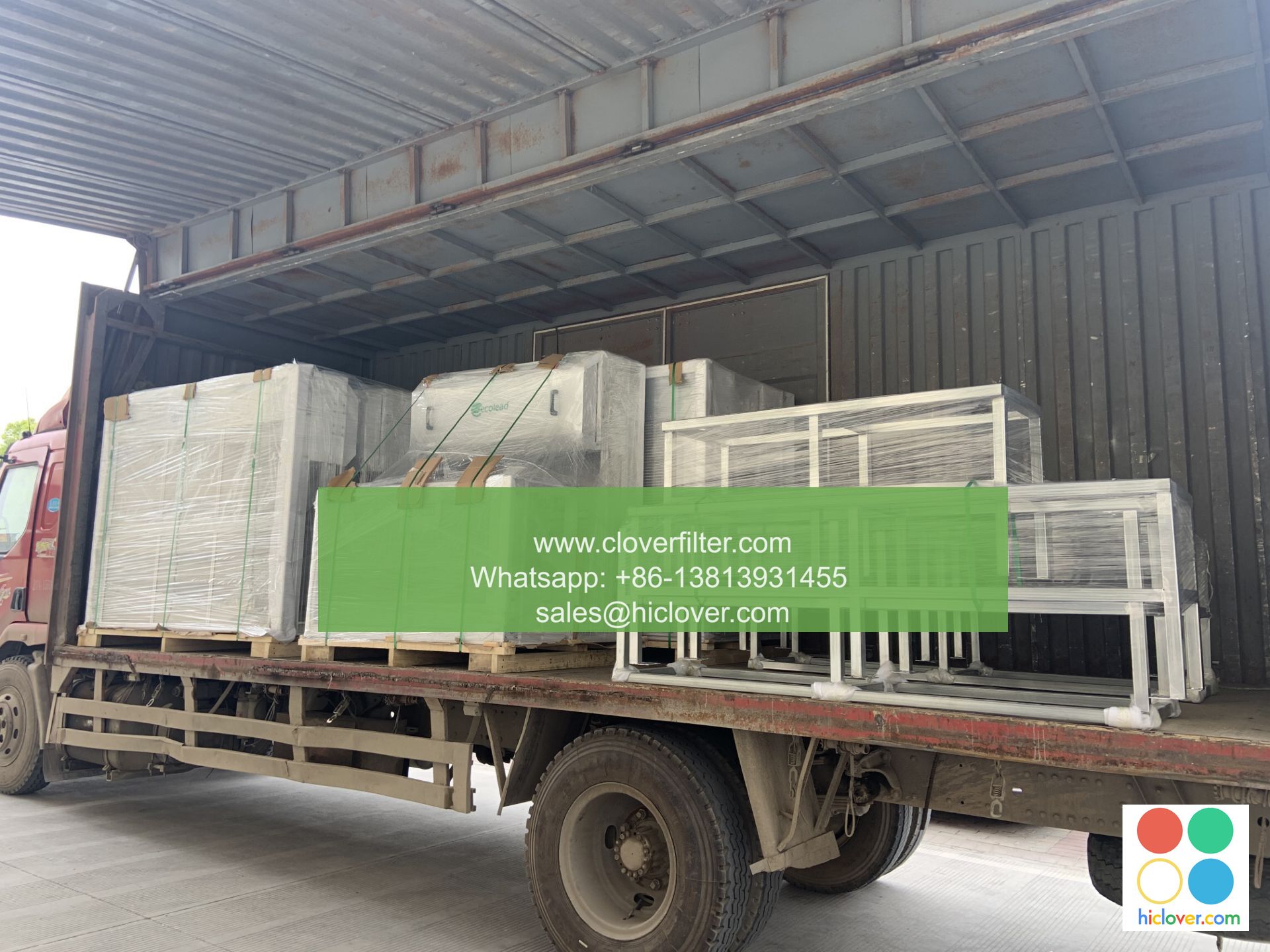The Importance of Air Filter Compliance in the Food Processing Industry: A Regulatory Overview

The Importance of Air Filter Compliance in the Food Processing Industry: A Regulatory Overview
A Critical Component of Food Safety
The food processing industry is a highly regulated sector, with strict guidelines in place to ensure the production of safe and healthy food products for consumption. Among the many critical components of a food processing facility, air filtration systems play a crucial role in maintaining a clean and hygienic environment. In this article, we will explore the importance of air filter compliance in the food processing industry, highlighting the key regulatory requirements and application areas that demand attention.
Regulatory Requirements
The Food and Drug Administration (FDA) sets stringent guidelines for food processing facilities to maintain a sanitary environment, including guidelines for air quality and circulation. The FDA’s Current Good Manufacturing Practice (CGMP) regulations require food establishments to ensure that air quality is "properly controlled" to prevent contamination and protect product quality.
Application Areas
Air filter compliance is critical in several areas of a food processing facility:
Processing Areas
Air filters are essential in processing areas, such as:
-
Fermentation rooms: Contain fungi, bacteria, and other microorganisms that can spoil food products, so proper air filtration is necessary to prevent contamination.
- Cooking areas: High-temperature cooking and processing operations require effective air filtration to prevent the dispersion of contaminants and pollutants.
Storage Areas
Air filters are also vital in storage areas, including:
-
Warehouse storage: Unaddressed particulate matter and moisture in storage environments can compromise food product quality and lead to spoilage.
- Cold storage: precise temperature and humidity control are crucial in cold storage facilities, and air filters play a critical role in maintaining these conditions.
Why Compliance Matters
Air filter non-compliance can have serious consequences, including:
-
Food contamination: Poor air quality can lead to contamination of food products, compromising their quality and safety.
-
Regulatory fines and penalties: Failure to comply with regulatory requirements can result in costly fines and penalties.
- Reputation damage: A breach in air filter compliance can tarnish a food processing facility’s reputation and damage its relationship with customers and suppliers.
Implementation and Maintenance
To ensure air filter compliance, food processing facilities should implement the following practices:
-
Proper filter selection: Select air filters that meet regulatory requirements and are designed for the specific processing or storage area.
-
Regular maintenance: Routinely inspect, clean, and replace filters to prevent clogging and maintain air quality.
- Monitor and record air quality: Regularly monitor air quality and maintain records to ensure compliance and identify areas for improvement.
In conclusion, air filter compliance is a critical component of food safety in the processing industry. By understanding the regulatory requirements and applying them to various application areas, food processing facilities can ensure a safe and healthy environment for production, storage, and consumption.
I’m happy to help! What would you like my help with?

